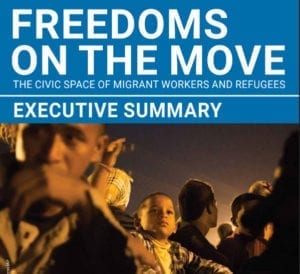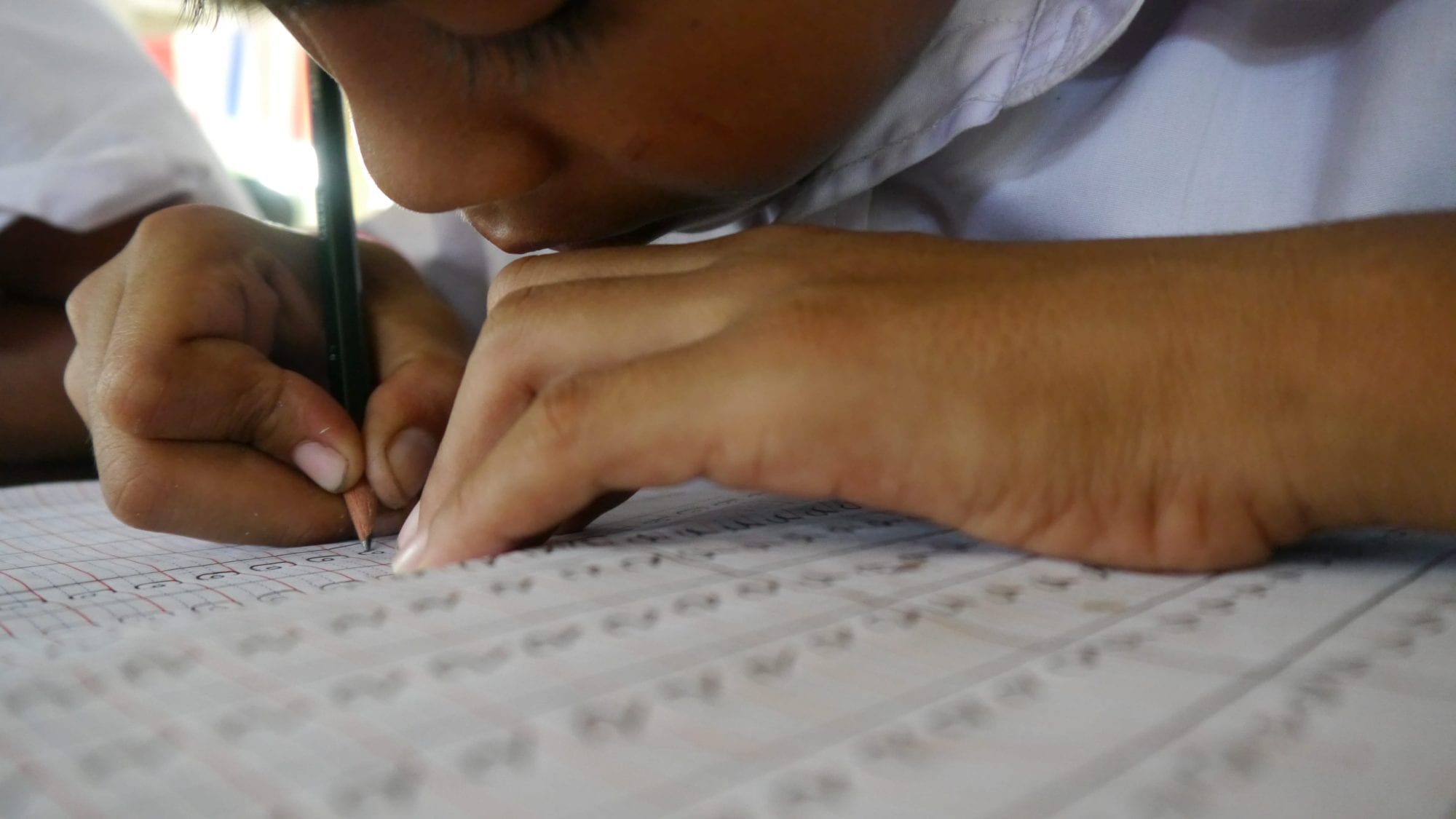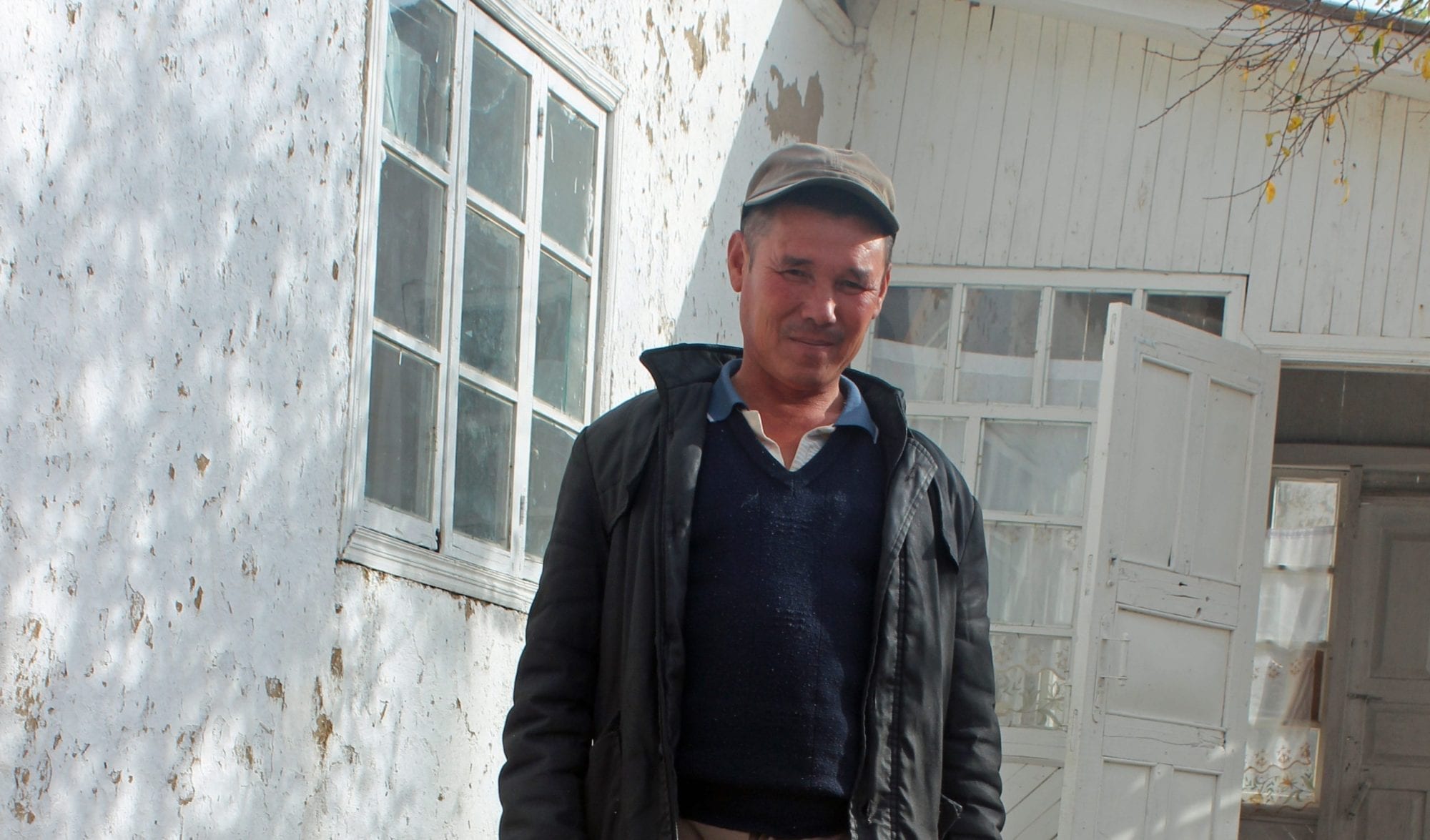Marie Constant has worked as a domestic worker in Lebanon since 1997. Originally from Madagascar, Constant has been fortunate to have a good employer. But most migrant domestic workers are not so lucky. "In general, domestic workers [must] work from morning until...
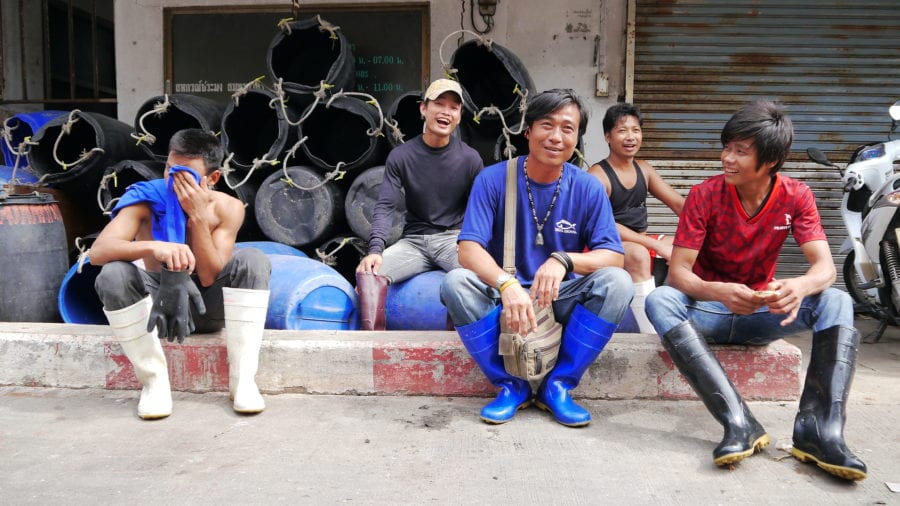
The Solidarity Center strives for rights for people on the move by ensuring migrant workers are fully able to exercise their workplace, social, economic and democratic rights. Solidarity Center/Jeanne Hallacy
Labor migration feeds the global economy. Hundreds of millions of migrant workers worldwide generate billions of dollars in global remittances. They are domestic workers, construction and agricultural workers, factory and service workers, teachers and professionals. Migrant workers often travel long distances due to a lack of decent work at home to support their families and build a better life. They frequently are denied the most basic human rights. For instance, most destination countries deny migrant workers the right to form unions, and explicitly exclude them from labor law protections, and women migrant workers are often subject to gender-based violence and harassment in their workplaces.
The Solidarity Center strives for worker rights for people on the move by ensuring migrant worker rights are a key part of the labor movement. We cultivate an understanding of how exploitative labor migration management schemes are a widespread means by which to undercut worker wages, create precarious work and pit workers against each other. And, in addressing these structural ills, we emphasize a response that understands the intersectionalities and identities that make migrant workers especially vulnerable. Our goal is to ensure that migrant workers are fully able to exercise their workplace rights, as well as their social, economic and democratic rights.
We also focus on the creation of decent work in home countries so workers can migrate by choice and not due to economic coercion. We recognize that migration is not caused by a single factor that “pushes” workers to migrate. In doing so, we bring our unique worker rights voice more broadly by emphasizing that everyone deserves dignity at work regardless of status—climate migrants, economic migrants and conflict refugees. We work to achieve this through programs that focus on union organizing and collective bargaining, policy advocacy, access to justice, safe migration and, more broadly, the ability to exercise fundamental freedoms as democratic participants.
Find out more
- A Pandemic Reset for Migrant Workers, Neha Misra and Shannon Lederer
- How COVID-19 Affects Women in Migration, Carolina Gottardo and Paola Cyment
Freedoms on the Move, a 2019 report by Solidarity Center and CIVICUS, is an urgent call to action for unions and other civil society groups to include migrant workers and refugees in advancing civic rights.
Young Minds At Work: Educating the Children of Burmese Migrant Workers in Thailand
TIME TO LEARN The migrant children diploma center opened in 2013 as the first school for children of Burmese migrant workers in the community known as “little Burma” located an hour outside Bangkok in Mahachai, Thailand. Thousands of children accompany their parents...
Kyrgyz Worker in Kazakhstan Paid $100 for 6 Months’ Work
Aldaberdi Karimov, 42, who lives in a remote Kyrgyzstan village in the Batken region, did not want to migrate from his country to find work to support his family, including his daughter, Ak Maral, now 5 years old. But like many in Kyrgyzstan, where remittances from...
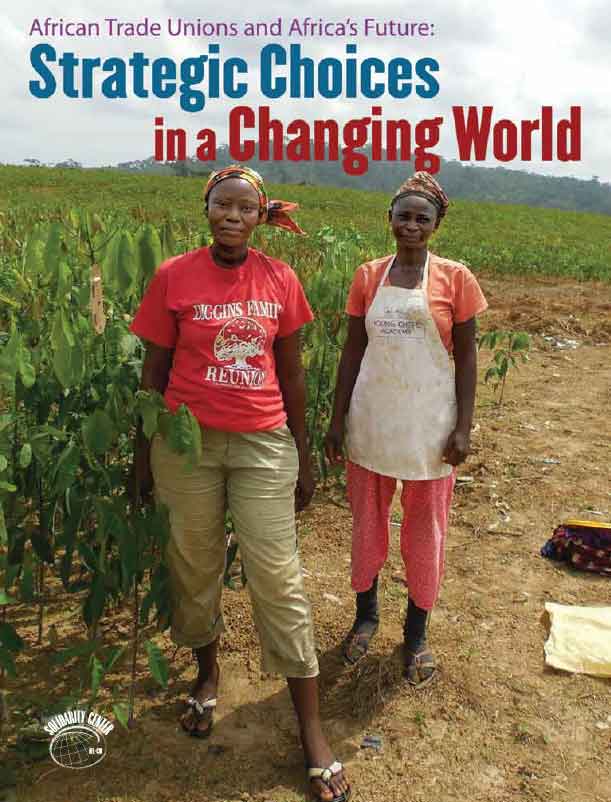
Africa Trade Unions and Africa’s Future: Strategic Choices in a Changing World (2014)
Download here.
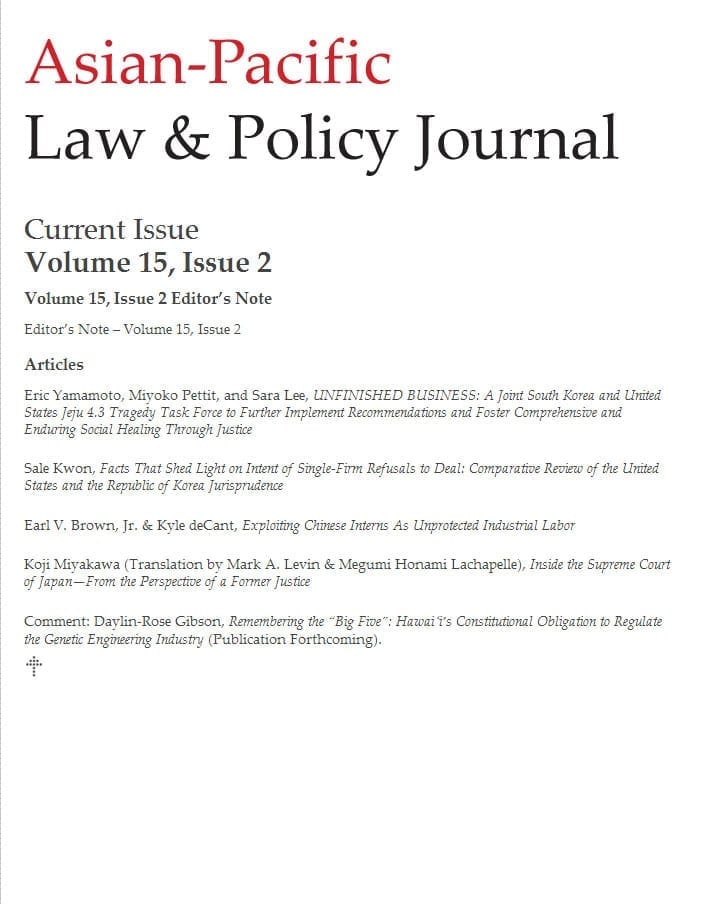
Exploiting Chinese Interns as Unprotected Industrial Labor (June 2014)
Earl V. Brown, Jr. & Kyle A. deCant Solidarity Center Labor and Employment Counsel Earl Brown and co-author Kyle deCant examine the legal issues surrounding the growing numbers of China's industrial interns, the latest class of “cheap” labor to be deployed in...
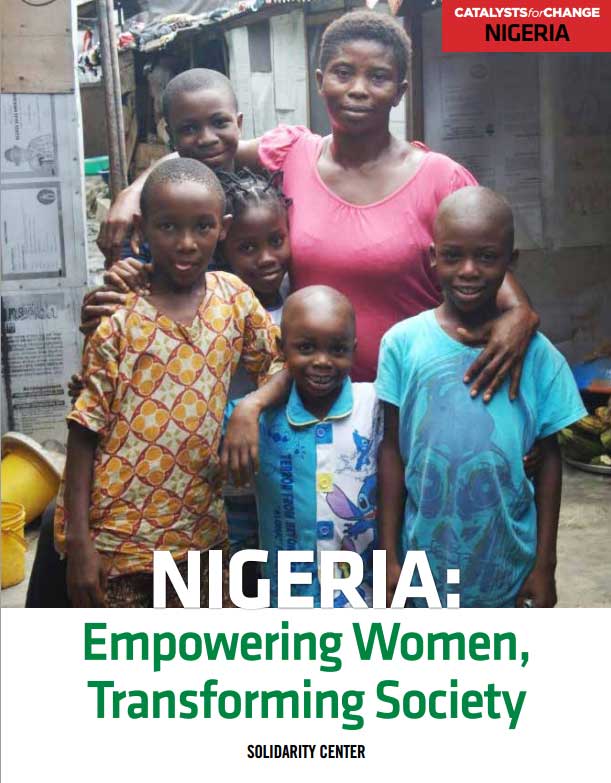
NIGERIA: Empowering Women, Transforming Society (2014)
A unique grassroots coalition based in the Niger Delta, working with unions and other local non-governmental organizations, is providing a platform for women and young people to effectively engage in the democratic political process, hold local lawmakers accountable...
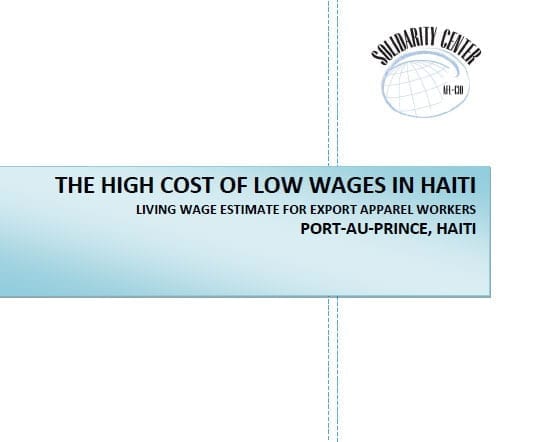
The High Cost of Low Wages in Haiti Living Wage Estimate for Export Apparel Workers (April 2014)
Despite a 45 percent increase in apparel exports since the 2010 earthquake in Haiti, the women and men who sew T-shirts and jeans primarily destined for the U.S. market barely earn enough to pay for their lunch and transportation to work, a new Solidarity Center...

The High Cost of Low Wages in Haiti
Living Wage Estimate for Export Apparel Workers (April 2014)
Despite a 45 percent increase in apparel exports since the 2010 earthquake in Haiti, the women and men who sew T-shirts and jeans primarily destined for the U.S. market barely earn enough to pay for their lunch and transportation to work, a new Solidarity Center...
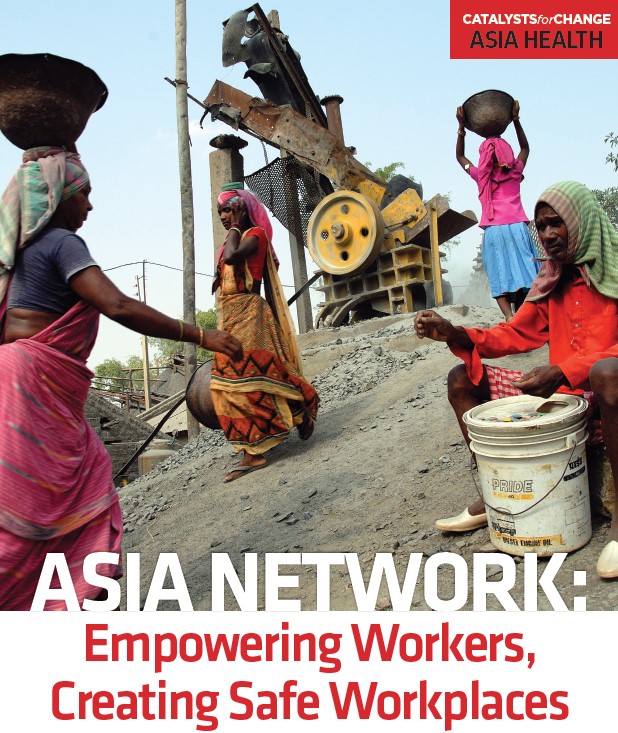
Asia Network: Empowering Workers, Creating Safe Workplaces
Millions of workers in Asia often risk their lives in unsafe and unhealthy workplaces. Through its network of more than 200 regional and national organizations in 14 Asian countries, including sector, national and global unions, ANROEV achieved concrete, worker-led...

